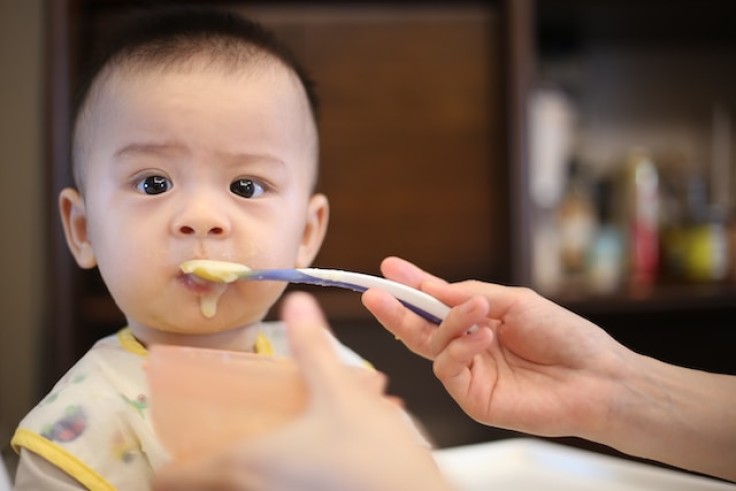
The first year of a baby's life is a critical time for development. Nutrition plays a pivotal role in ensuring optimal growth, developing a strong immune system, and fostering cognitive abilities. While introducing solid foods is an exciting milestone, it is essential for parents to be cognizant of what is safe and beneficial. Here, we delve into five foods that should absolutely be avoided for babies under one year of age.
5 Foods to Absolutely Avoid for Babies Under One: A Parent's Guide
1. Honey: A Risk of Botulism
Honey is a natural sweetener and a nutritious food item, but it is strictly off-limits for babies under one. Honey can contain spores of Clostridium botulinum, which can develop into botulism-a rare but potentially fatal illness. Babies' immature digestive systems are not equipped to handle these spores, leading to muscle weakness, difficulty breathing, and other severe symptoms.
2. Cow's Milk: Lacking Essential Nutrients
While cow's milk is a common staple in many households, it is not suitable as a primary drink for babies under one. Cow's milk lacks essential nutrients, such as iron, vitamin E, and omega-3 fatty acids, that are crucial for infants' growth and development. Additionally, the high levels of protein and sodium in cow's milk can put a strain on a baby's immature kidneys.
3. Choking Hazards: Whole Grapes, Nuts, and Popcorn
Certain foods pose a choking hazard to babies due to their size, shape, and consistency. Whole grapes, nuts, and popcorn are among the top offenders. These foods can easily become lodged in a baby's small airway, leading to a life-threatening situation. Parents should ensure that any foods given to babies are soft, appropriately sized, and easy to swallow.
4. Raw Seafood and Undercooked Eggs: Bacterial Infection Risks
Raw seafood and undercooked eggs can cause dehydration and harmful bacteria such as Salmonella and Listeria. Babies' immune systems are still developing, making them particularly susceptible to foodborne illnesses. Infections can lead to severe damage neurological avoiding and, in extreme cases, can be life-threatening. Ensuring that seafood and eggs are thoroughly cooked is crucial to avoid any health risks.
5. Added Sugars and Salt: Detrimental to Developing Organs
Infants' developing kidneys and livers are not ready to process high levels of added sugars and salt. Excessive intake can lead to a preference for sweeter and saltier foods, potentially instigating unhealthy eating habits that persist into adulthood. High sodium levels can strain babies' kidneys, while added sugars can contribute to dental issues and obesity.
Navigating nutritional needs
A significant step that comes with a learning curve for both the child and the parent is introducing solid foods to babies. Awareness and caution regarding these five food items can prevent potential health risks and complications. Focusing on providing a diverse and balanced diet rich in fruits, vegetables, grains, and appropriate proteins will contribute to a healthy, thriving baby.
Parents should always consult with healthcare professionals or pediatricians for personalized advice and when introducing new foods to their baby's diet. This ensures that the baby's nutritional needs are met, allergies are identified early, and any adverse reactions are promptly addressed. By being well-informed and vigilant, parents can lay the foundation for a lifetime of healthy eating habits for their children.